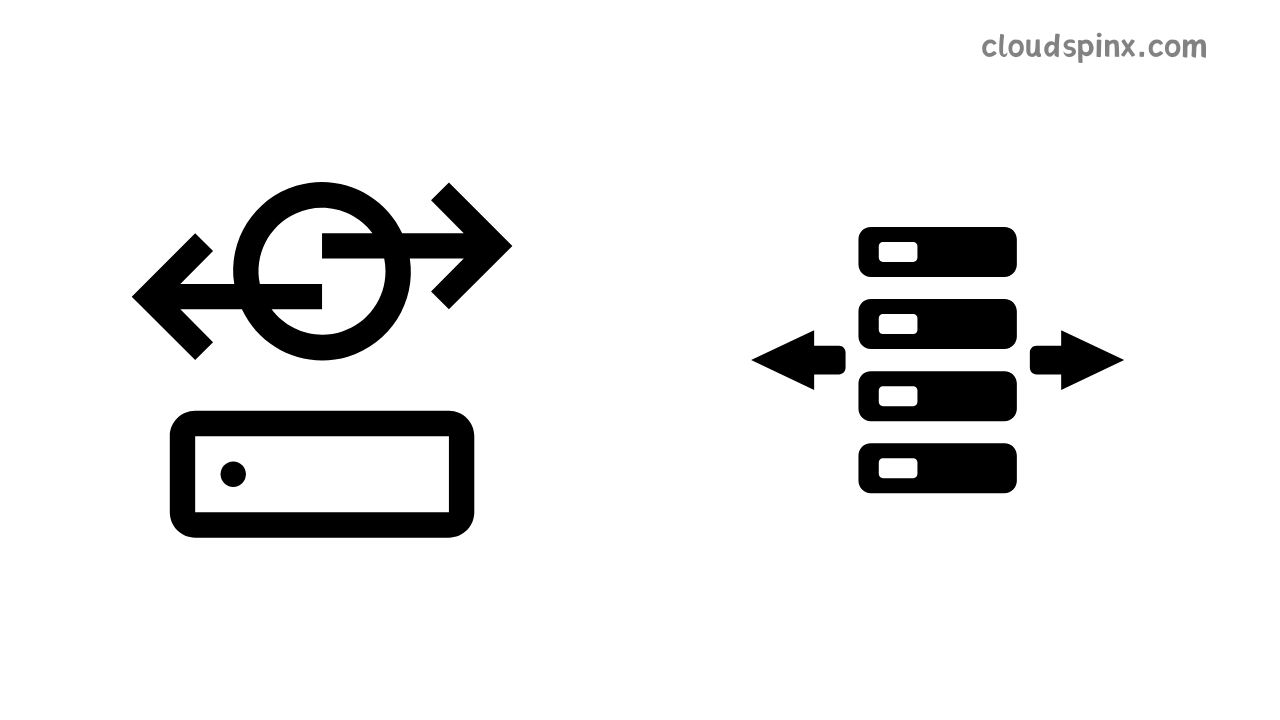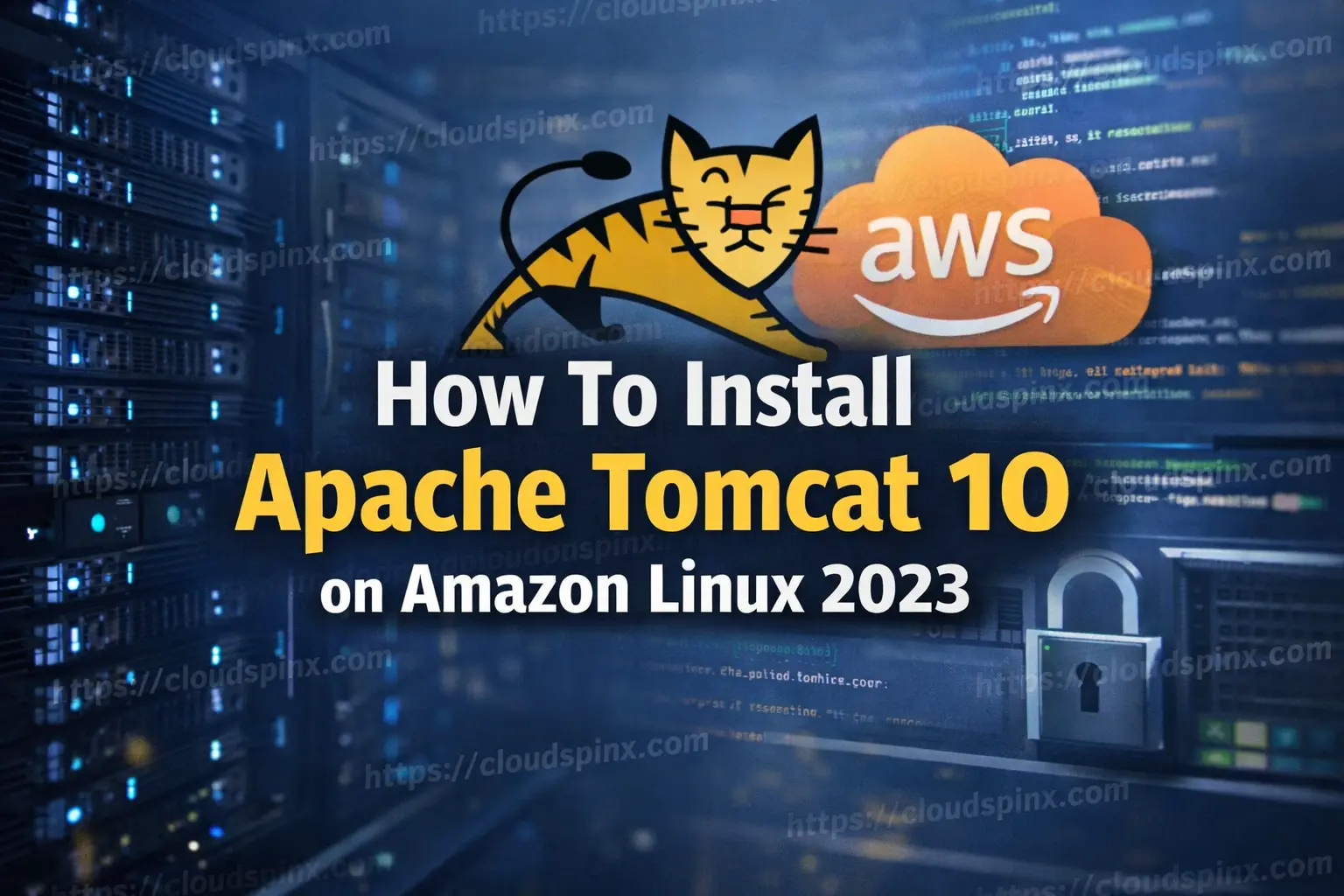
Proxy servers offer great opportunities for both individuals and businesses. The extra layer of security they add to your network makes navigating through the internet feel much safer. The challenge comes when choosing the perfect proxy solution, between Datacenter and Residential proxies.
Both proxies share the same core purpose of hiding your IP address. This article will dive deeper into the similarities and differences between Datacenter and Residential proxies and examine situations in which both of them can be viable.
What is a Datacenter Proxy?
Datacenter proxies are some of the most common proxies you’ll see today. As its name suggests, a datacenter proxy is a proxy that is stored in datacenters and used across different connections worldwide. They are not attached or affiliated with any Internet Service Provider or ISP.
Because they’re not affiliated with any service provider, the datacenter proxy service is able to prevent a website from identifying your real IP address. This means you can access the website anonymously.
The catch is that since they’re not listed as ISP providers, these IP addresses are most likely to be flagged by a few targets and they might take precautionary measures against them.
A datacenter proxy has three types: the private datacenter proxies that offer IP addresses for a specific domain, the public datacenter proxies that are free to use, and the shared datacenter proxies that can be used by more than one person at the same time.
What is a Residential Proxy?
With a Residential Proxy, you’re able to use an IP address provided by an Internet Service Provider (ISP), instead of a datacenter. What residential proxies essentially do is that they route your internet traffic through a server and assign you an alternative IP address.
They also allow you to choose a specific location and be able to navigate the internet as if you’re a real user from that area. They conceal your real IP address and generally protect you from web traffic.
Since the alternative IP addresses are linked to a physical location and attached to real, physical devices, they’re able to easily replicate natural human behavior. At the same time, this makes residential proxies harder to ban.
Interested to learn more about residential proxies? Read this from Oxylabs.
Similarities Between Datacenter and Residential
One characteristic that both proxy servers share is that they can both successfully conceal your real IP address from the internet. This means that you can surf the web and scrape data from different sites anonymously.
But that is where their similarities stop.
Differences Between Datacenter and Residential
Datacenter and Residential proxy servers differ in a lot of areas. One of the key differences is their method of hiding your IP address.
Other key differences lie in their availability and pricing. Since datacenter proxies are created in datacenters and managed in large volumes, they are far cheaper. The mass production of these proxies also means that they are more available, which contributes to their affordability.
On the other hand, residential proxies are a bit more expensive because of their legitimacy. They are attached to real residential addresses and are provided to you by your internet provider, which means they may not be as available as datacenter proxies.
Datacenter proxies also don’t guarantee full reliability because they can easily be identified and banned by any website that took the time to take precautionary measures. But because residential proxies imitate human behavior and are based on real addresses, they are more reliable and less likely to get flagged down.
Another key difference is their performance speed where datacenter proxies offer faster speeds with the latest high-performance servers. Meanwhile, residential proxies don’t have as fast of a performance speed.
Because of their fast speed, datacenter proxies are much more versatile, especially for applications that require faster performance. But residential proxies are also just as versatile in that they are more reliable and secure than datacenter proxies.
What are Datacenter proxies good for?
Datacenter proxies are the better choice for the following:
- Unprotected websites or websites with less security where the reputation of your IP address doesn’t matter
- Applications where speed is more important than successfully completing a request
- Users who are much more experienced in dealing with proxies and thus know how to work around the weaknesses
They’re also best for these specific cases:
- Scraping information from e-commerce platforms
- Bypassing restrictions and IP address bans on certain websites
- Collecting data and information from search engines with significantly lesser web traffic
- Accessing content that’s blocked in your country
What are Residential proxies good for?
On the other hand, Residential proxies are the more viable choice for the following:
- Websites that are strictly protected and have precautionary measures against proxy servers
- Tasks that need access to multiple locations or a view of localized content
Residential proxies are also commonly used in these specific situations:
- Monitoring data on e-commerce websites that are heavily protected
- Buying multiple pairs of sneakers from online stores, including the limited ones
- Ensuring proper ad delivery
- Collecting localized insights from the bigger search engines like Google
Final Thoughts
Both types of proxy servers provide you with the same end result: covering your IP address. They have their own advantages and disadvantages so it’s up to you to choose which proxy server is right for you.
Although residential proxies are generally what’s recommended the most, from the right supplier, datacenter proxies can become just as viable for you.









